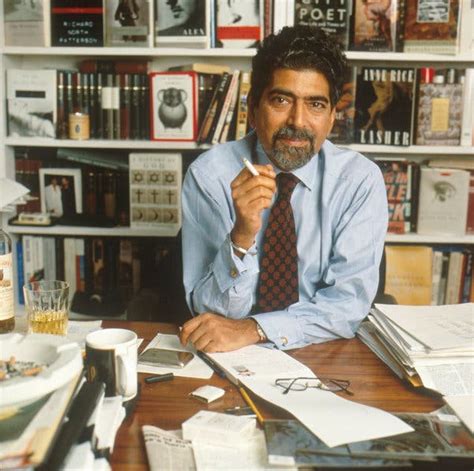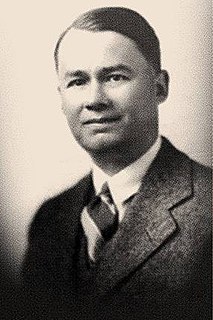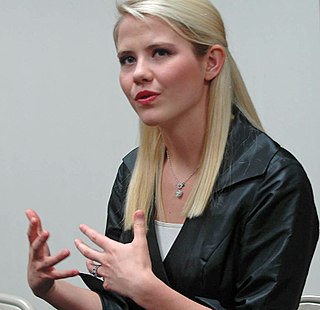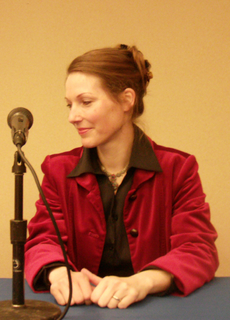A Quote by Douglas Adams
A hole had just appeared in the Galaxy. It was exactly a nothingth of a second long, a nothingth of an inch wide, and quite a lot of million light years from end to end. As it closed up [...] Two hundred and thirty-nine thousand lightly fried eggs fell out of it...materializing in a large woobly heap on the famine-struck land of Poghril in the Pansel system. The whole Poghril tribe had died out from famine except for one last man who died of cholesterol poisoning some weeks later.
Quote Topics
Related Quotes
The technology involved in making anything invisible is so infinitely complex that nine hundred and ninety-nine billion, nine hundred and ninety-nine million, nine hundred and ninety-nine thousand, nine hundred and ninety-nine times out of a trillion it is much simpler and more effective just to take the thing away and do without it.
They loved, and quarreled, and made up, and loved, and fought, and were true to each other and untrue. She made him the happiest man in the whole world and the most wretched, and after a few years she died, and then, when he was thirty, he died, too. But by that time Catullus had invented the love poem.
Famine was quite deliberately employed as an instrument of national policy, as the last means of breaking the resistance of the peasantry to the new system where they are divorced from personal ownership of the land and obligated to work on the conditions which the state may demand from them... This famine may fairly be called political because it was not the result of any overwhelming natural catastrophe or such complete exhaustions of the country's resources in foreign and civil wars.
We are not, of course, optimistic about our chances of success. Some form of ecocatastrophe, if not thermonuclear war, seems almost certain to overtake us before the end of the century. (The inability to forecast exactly which one - whether plague, famine, the poisoning of the oceans, drastic climatic change, or some disaster entirely unforeseen - is hardly grounds for complacency.)
Once upon a time there was a woman who was just like all women. And she married a man who was just like all men. And they had some children who were just like all children. And it rained all day. The woman had to skewer the hole in the kitchen sink, when it was blocked up. The man went to the pub every Friday, Saturday, and Sunday. The other nights he mended his broken bicycle, did the pool coupons, and longed for money and power. The woman read love stories and longed for things to be different. The children fought and yelled and played and had scabs on their knees. In the end they all died.
She had died peacefully, in her sleep, after an evening of listening to all of her favorite Fred Astaire songs, one crackling record after another. Once the last chord of the last piece had died out, she had stood up and opened the French doors to the garden outside, perhaps waiting to breathe in the honeysuckle one more time.
One of my favorite episodes in West Wing was the homeless man that died and they found, in the overcoat he was wearing, a card of the speechwriter, Toby. He had given that coat to the Goodwill and this guy had ended up wearing it, died in it and Toby went to his funeral. He turned out to be a Korean war veteran. It was our first Christmas episode and that was a true story - a member of the staff had done exactly that. So many of these stories were far better than any fiction.
In the space of one hundred and seventy-six years the Mississippi has shortened itself two hundred and forty-two miles. Therefore, in the Old Silurian Period the Mississippi River was upward of one million three hundred thousand miles long, seven hundred and forty-two years from now the Mississippi will be only a mile and three-quarters long. There is something fascinating about science. One gets such wholesome returns of conjecture out of such a trifling investment of fact.




































